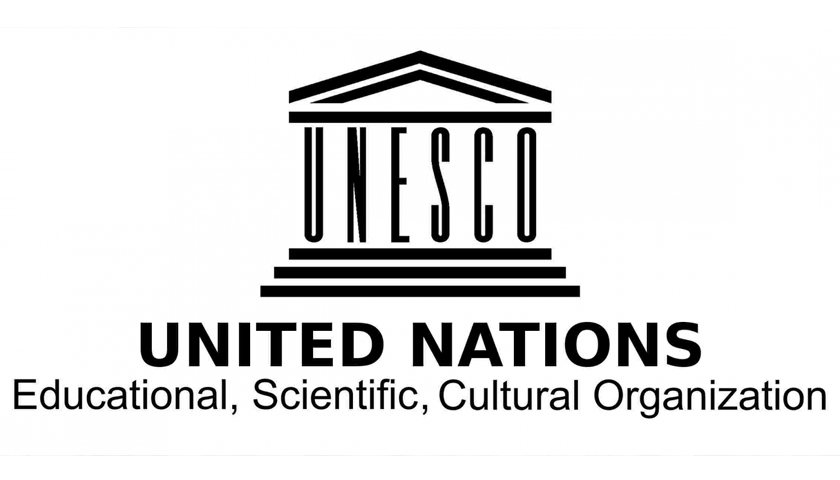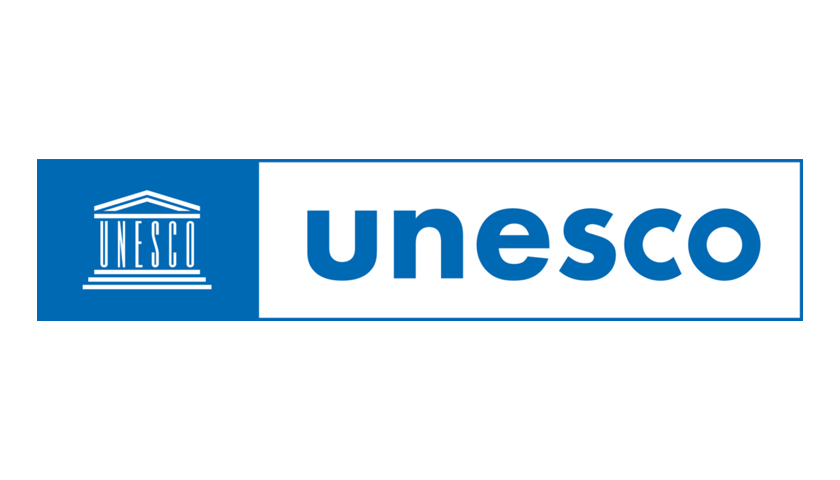UNESCO Director-General Audrey Azoulay this week took advantage of a trip to Accra, Ghana, to interact with a younger generation in the UNESCO IFAP project “Girls Can Code”.
Held in the Ghana-India Kofi Annan Centre of Excellence in ICT, the project has trained 150 girls and 10 female teachers in the development of apps and coding.
Some of the young learners interviewed during the visit spoke about their experiences. Abigail Asare explained that “through coding, I am able to solve mathematical problems by following the correct steps”. Another participant, Cindy Padi said, “coding has improved my typing skills, I can now type accurately with desired speed”.
The training also contributes towards soft skills and confidence, as testified by Henrietta Osei Brempomaa: “Coding has boost my confidence level in ICT, I don’t see things to be difficult any longer”.
The young learners, who have completed the first phase of the training, took turns to make presentations about how they used a coding programme to create interactive stories, games, and animations. Following their training, a website has been created on teenage pregnancy prevention.
In this first phase, five schools in the Southern part of Ghana piloted the training, and the Ghana-India Kofi Annan Centre of Excellence in ICT provided online support. This was through a dedicated platform by offering distance learning, online support and mentoring to young participants.
The Centre also trained teachers to teach coding, even those who have no background in computer science.
During the visit, the UNESCO Director-General was taken through a photo exhibition of the project, which chronicled the stages of the project.
UNESCO has a long experience with training teachers and students in basic coding skills. Leveraging the widespread availability of mobile phones, UNESCO launched the YouthMobile Initiative in 2014. Since then, the initiative counts nearly 7000 direct young beneficiaries in 27 countries, most of which are in Africa.
Through coding training, students are encouraged to develop, promote their own mobile applications, and thus to participate in digital innovation.
UNESCO’s Girls Can Code project deployed in Ghana is a visible engagement towards addressing gender divides in the fields of technology and its impact on women and girls to pursue careers in ICT sectors.

